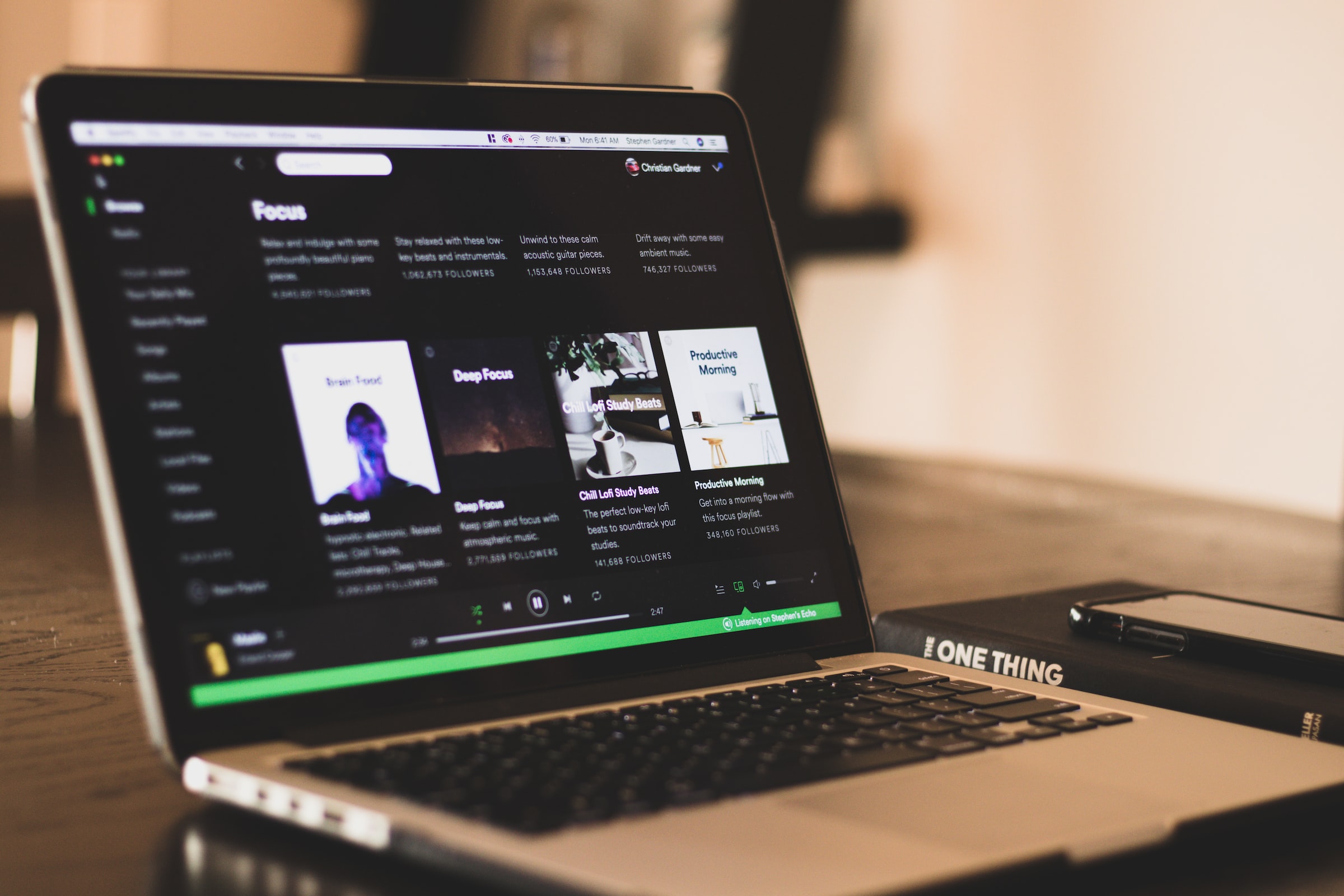
Music Critic Sammy Andrews investigates how we currently value music, looking into the Keep Music Alive campaign and the challenging issue of streaming royalties
One of the largest issues that faces the music industries is that of artist royalties: how much money an artist receives for the airtime and sales of their music. In the streaming generation, this has encountered an entirely new range of issues. MP’s have announced that they will be investigating the pay that artists receive for their music across streaming platforms, a statement which seems contradictory to the recent messages sent out about the arts sector by the government. This enquiry is set to begin in November, but it begs the question, just how is the work created by an artist valued?
If an artist spends so much time and energy creating something, it seems only fair that they receive respectable payment for it
Streaming services have become such a big part of how we consume music. From Spotify to Apple Music, they have become central to how a musician releases and promotes their music, and how we, as listeners, receive it. Recent data has shown that at present, Spotify pays around £0.002 and £0.0038 per stream, whilst Apple Music pays about £0.0059. These services are massive companies that seem to be stripping artists of the payoff from the hard work and creativity that has gone into their music. Media giant YouTube pays artists the least, with about only £0.00052 going to artists per stream. Even then, the recording artist will only receive about 13% of this, with the record label and publisher keeping the rest. If an artist spends so much time and energy creating something that is then shared and consumed, it seems only fair that they receive a respectable recognition and payment for it. After all, they are at the very core of it, producing a product. What this lack of payment does is deny an artist any rights over their own creative work, and, perhaps more dishearteningly, prevents smaller artists from being able to make a living off of their music.
Over this last year alone there have been various calls to change this as more and more people have stood up and fought for artists’ rights. Especially during the pandemic, it has become more apparent than ever that artists are unable to make a living solely off of the wage they earn from streaming services. Back in May, the Broken Record campaign was launched online by Tom Gray of Gomez. This was backed by the likes of Boy George and even had the support of The Charlatans’ Tim Burgess who hosted one of his twitter listening parties for it. Along side this, The Keep Music Alive campaign was also launched back in May by the Ivors Academy and the Musicians Union. At its core is the urge to ‘fix streaming and call for industry stakeholders to come together to agree an equitable, sustainable and transparent model for royalty distribution in the streaming era.’ The campaign was centred around a petition that called for an inquiry into these circumstances, which apparently has been heard.
The #BrokenRecord Festival
Sunday May 24th
#TimsTwitterListeningPartyFeaturing:@BoyGeorge @TheShins@KTTunstall@johngrantmusic @WeArePins pic.twitter.com/wNqFEhq8tb
— Tim Burgess (@Tim_Burgess) May 11, 2020
At the very core of what Taylor Swift fought for is the basic understanding of the value within an artwork
Yet, this was not the first time that this has been called into question. Back in June of 2015, Taylor Swift penned an open letter to Apple Music explaining why she would be initially holding back on releasing 1989 on their platform. Apple Music was relatively new at this point and were offering a three-month free trail for users, but during this trial period, artists, producers and writers would not receive any of the revenue for their streams. Taylor Swift’s decision to pull what was her biggest pop album to date was a massive statement that caught a lot of public attention. She declares in her open letter that ‘this is about the new artist or band that has just released their first single and will not be paid for its success.’ She also infamously pulled her entire discography from Spotify, stating ‘I think that people should feel that there is a value to what musicians have created, and that’s that.’ Taylor Swift is such a massive name in the music industry that this act alone shook streaming services, and Apple Music specifically replied and committed to paying artists for the trial period. Her voice spoke out powerfully for smaller artists not yet in a stable enough position to support themselves through their music.
At the very core of what Taylor Swift fought for, and what the endless amount of campaigns we have seen this year strive for, is the basic understanding of the value within an artwork. Our entire lives are centred around these forms of culture, from the music we stream to the background music in the coffee shops we go to. To debate that artists deserve to be payed fairly for what they are creating and how it is consumed is to ultimately devalue them. Over lockdown this exact issue has been sadly debated, often met with tone-deaf statements about the viability of this as a career. But, if at their core, these large streaming platforms cannot value the music that keeps them afloat, they could be left, like Apple Music was, losing out on brilliant music.
You May Also Like:
The Impact of TikTok on New Music Releases
Album Review: Dorian Electra – My Agenda

Comments